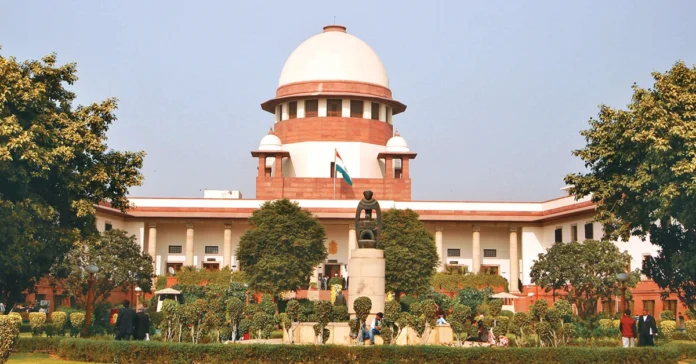The Supreme Court on Friday rejected a petition challenging the directions issued by the Kerala High Court over the registration of FIRs based on the depositions given by witnesses/victims before the Justice Hema Committee regarding the sexual exploitation of women in Malayalam cinema.
The Bench of Justice Vikram Nath, Justice Sanjay Karol and Justice Sandeep Mehta observed that under criminal jurisprudence, a police officer or in-charge of a police station was bound to proceed with the investigation under Section 176 BNSS after receiving information about a cognisable offence.
Disposing of the Special Leave Petitions filed by film producer Sajimon Parayil and two actors challenging the directions issued by the Kerala High Court in October 2024, the top court of the country said that it could not issue any direction to injunct the police’s powers to investigate.
The Apex Court granted liberty to the persons, who deposed before the Justice Hema Committee and were allegedly harassed, to move the High Court for redressal of their grievances.
The Bench further directed the High Court to examine the grievances, if any were filed, along with the FIRs registered on the basis of the material collected by the SIT or those registered without any material.
On October 14, 2024, the High Court held that the statements given before the Justice Hema Committee shall be treated as information as contemplated under Section 173 of the Bharatiya Nagarik Suraksha Sanhita (BNSS), 2023. It further directed the SIT to take action under Section 173(3) BNSS.
The High Court passed the order on the grounds that the statements recorded by the Justice Hema Committee revealed cognisable offences.
Producer Parayil moved the Apex Court against this directive. Two women actors, who had appeared before the Justice Hema Committee, also approached the Supreme Court later, stating that they gave the depositions under an ‘academic’ interest and not with the intention to initiate any criminal proceedings.
One of them stated that the statements given by her were based on hearsay accounts regarding the exploitations faced by other women and that many of them were not willing to be part of the criminal investigation.


